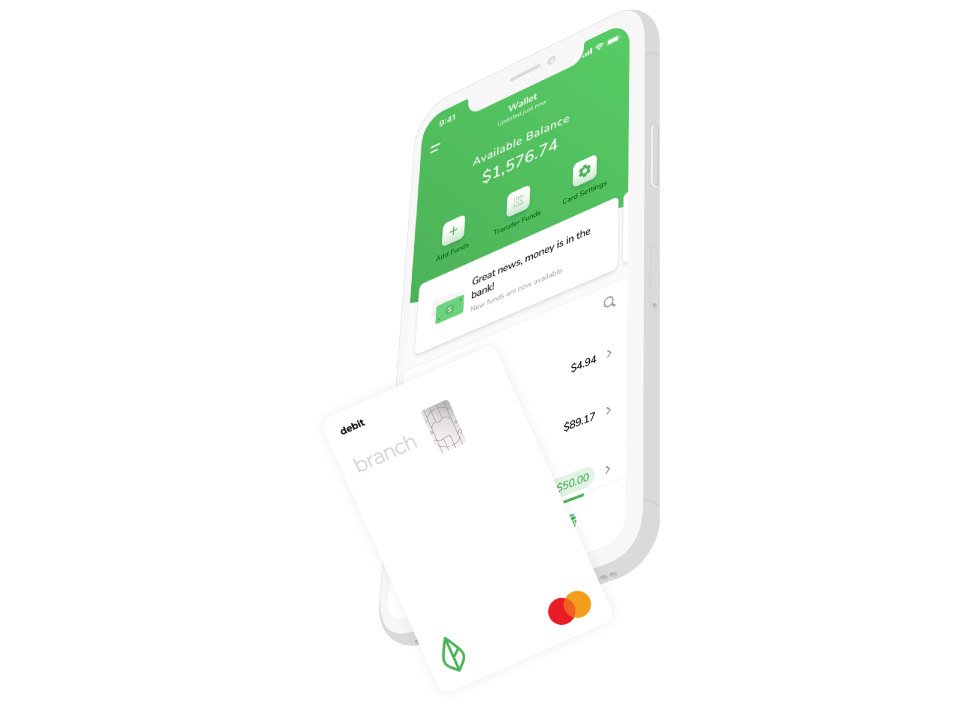Everything we have a look at
Much like every full situation, in reaching a choice about what’s reasonable and reasonable, we start thinking about:
- the appropriate law and laws
- any regulator’s guidelines and guidance that applied during the time
- any industry codes of conduct in effect during the time
- that which we consider was good industry training at enough time
If you can find disagreements in regards to the facts, we’ll make our decision as to what probably occurred evidence that is using by you, your consumer and relevant third events.
Vinyl – card fraud involves any type of shelling out for a card that is plastic wasn’t authorised by the cardholder. It occurs in a number of places, including stores, pubs and restaurants, as well as with goods or services purchased online or over the telephone.
Typically, the client notices the deal on the account and complains they did make or authorise n’t it. The deal might have been fashioned with a credit or debit card and also by presenting the card in individual or remotely.
We n a number of these situations we might never ever understand for specific just exactly exactly what occurred. Our role shall be to ascertain everything we think is probably to own occurred. To greatly help us understand why, we’ll ask for information through the consumer and you also, including:
- where in fact the consumer is at enough time associated with the transaction that is disputed
- the way the deal ended up being made – whether in individual, by phone or higher the web
- the type for the deal, including whenever and where it absolutely was made, and just just what it absolutely was utilized to cover
- the socket in which the deal had been made
- How the transaction was verified by the operational system, as an example, by individual recognition number (PIN) or password
- the audit that is electronic when it comes to deal
- the customer’s past utilization of the card that is plastic
Then assess whether they have any liability for it – and, if so, how much if we decide the customer didn’t make or authorise the disputed transaction, we’ll.
For making that assessment, we’ll take into consideration:
- the account conditions and terms
- what the law states, including the Payment Services Regulations
- industry codes of training
- parts 83 and 84 associated with Customer Credit Act 1974, in the event that withdrawal ended up being made making use of a credit center
Scams complaints – transactions unauthorised because of the client
A number of the complaints we come across come from clients who inform us these were tricked into handing over private information that enabled fraudsters to get into their cash. As an example, the consumer may have:
- received an official-looking email or text they considered to be from their bank or another trusted organization, with a web link up to a fake website – where in actuality the consumer then joined private banking details
- got a telephone call claiming become from their bank or any other organization they thought to be genuine, and had been tricked into handing over private information regarding their account
Generally, whenever a client have not authorised a transaction, they’re maybe perhaps not accountable for the loss – unless they’ve failed with intent or “ gross negligence ” to help keep their re re re payment and safety information safe. Frequently , then, the dispute will centre on whether or not the consumer acted in a “ grossly negligent way that is. The bar is considered by us for gross negligence become extremely high.
If we’re satisfied the consumer didn’t authorise the deal and had been the target of a scam, we’ll want to know how a client ended up being manipulated into sharing sensitive and painful information. As an example, if the consumer received an email that is fraudulent text, we’ll like to notice it.
A feature that is common of scams is the fact that the fraudster will most likely produce a host which plays from the feelings associated with the consumer – for instance anxiety about losing almost all their cash. We’ll consider the environment produced by the fraudster included in our considerations.




